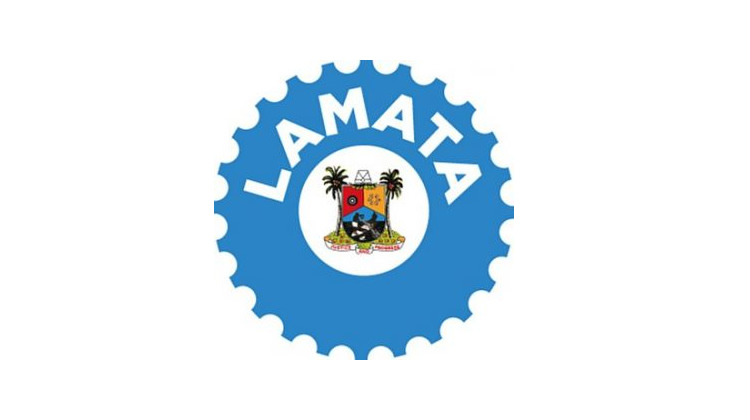The Lagos Metropolitan Area Transport Authority (LAMATA) has reinitiated the compensation process for individuals affected by the Quality Bus Corridors (QBCs) and Multimodal Transport Exchange Project in Surulere, Lagos. This initiative, undertaken in partnership with Agence Française de Développement (AFD) and Global Impact Environmental Consulting, underscores LAMATA’s commitment to equitable urban development and the fair treatment of all project-affected persons. The resumption of compensation payouts signals a significant step towards ensuring that those whose homes or businesses were impacted by the transport infrastructure project receive the support and respect they deserve. The compensation exercise is a key component of the project’s Resettlement Action Plan (RAP), which adheres to international best practices and prioritizes transparency, empathy, and inclusive stakeholder participation.
The compensation process, facilitated through stakeholder engagement, is designed to address the needs of tenants displaced by the infrastructure development in Surulere. Beneficiaries are required to present necessary documentation, including passport photographs, identification cards, proof of rent payment, National Identification Numbers (NIN), and designated compensation cards, to qualify for compensation. This meticulous documentation process ensures accountability and proper identification of eligible recipients. The resumption of compensation payouts demonstrates the Lagos State Government’s dedication to inclusive development and its recognition of the importance of mitigating the impact of infrastructure projects on local communities.
LAMATA Managing Director, Abimbola Akinajo, reaffirmed the state government’s commitment to inclusive development, emphasizing the alignment of the RAP with international best practices. She highlighted the project’s transformative potential to improve transportation and urban mobility in Lagos, while simultaneously stressing the importance of treating affected individuals with dignity and fairness. Akinajo underscored that the compensation exercise reflects LAMATA’s commitment to upholding principles of equity and transparency, as outlined in the RAP. She further emphasized the people-centered approach to development, recognizing the need to provide adequate support to those temporarily affected by the project. This commitment reflects a broader recognition of the social responsibilities inherent in large-scale infrastructure development.
The QBCs and Multimodal Transport Exchange Project is a crucial initiative aimed at revolutionizing public transportation in Lagos. The project seeks to address the city’s notorious traffic congestion by optimizing traffic flow and expanding access to diverse mobility options. Furthermore, it aims to enhance the commuting experience through the development of multimodal transport hubs, integrating various transportation modes such as buses, trains, and non-motorized options. This integrated approach not only promotes efficiency but also fosters a more environmentally friendly transportation system by encouraging the use of sustainable alternatives. The project’s multifaceted approach addresses multiple challenges facing Lagos’s transportation system, seeking to improve efficiency, accessibility, and sustainability concurrently.
The integration of different transport modes at these hubs is designed to streamline commuting and reduce reliance on private vehicles, contributing to a more sustainable urban environment. The project’s emphasis on multimodal transportation reflects a growing global trend towards integrated transport systems, which aim to improve connectivity and reduce the environmental impact of urban mobility. By offering seamless transitions between different modes of transport, the project aims to encourage a shift away from private vehicles, thereby reducing traffic congestion and promoting a more sustainable transport ecosystem.
Dr. Babatunde Osho, Managing Director of Global Impact Environmental Consulting, emphasized that resettlement and compensation are integral aspects of responsible project execution, not mere afterthoughts. He expressed pride in supporting the process and ensuring that affected persons receive their due benefits promptly and respectfully. Public consultations, like the compensation exercise, are crucial for building trust, accountability, and fostering long-term goodwill within the community. The collaborative approach adopted by LAMATA, AFD, and Global Impact Environmental Consulting underscores the importance of engaging with affected communities and prioritizing their well-being throughout the project lifecycle. This commitment to community engagement ensures that the project’s benefits are shared equitably and that potential negative impacts are mitigated effectively. The ongoing compensation efforts demonstrate a proactive approach to addressing the social dimensions of infrastructure development, setting a positive example for future projects in Lagos and beyond.


